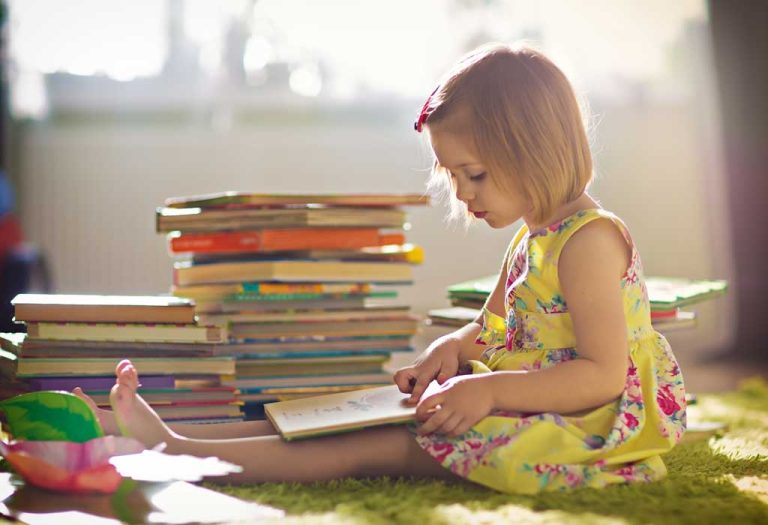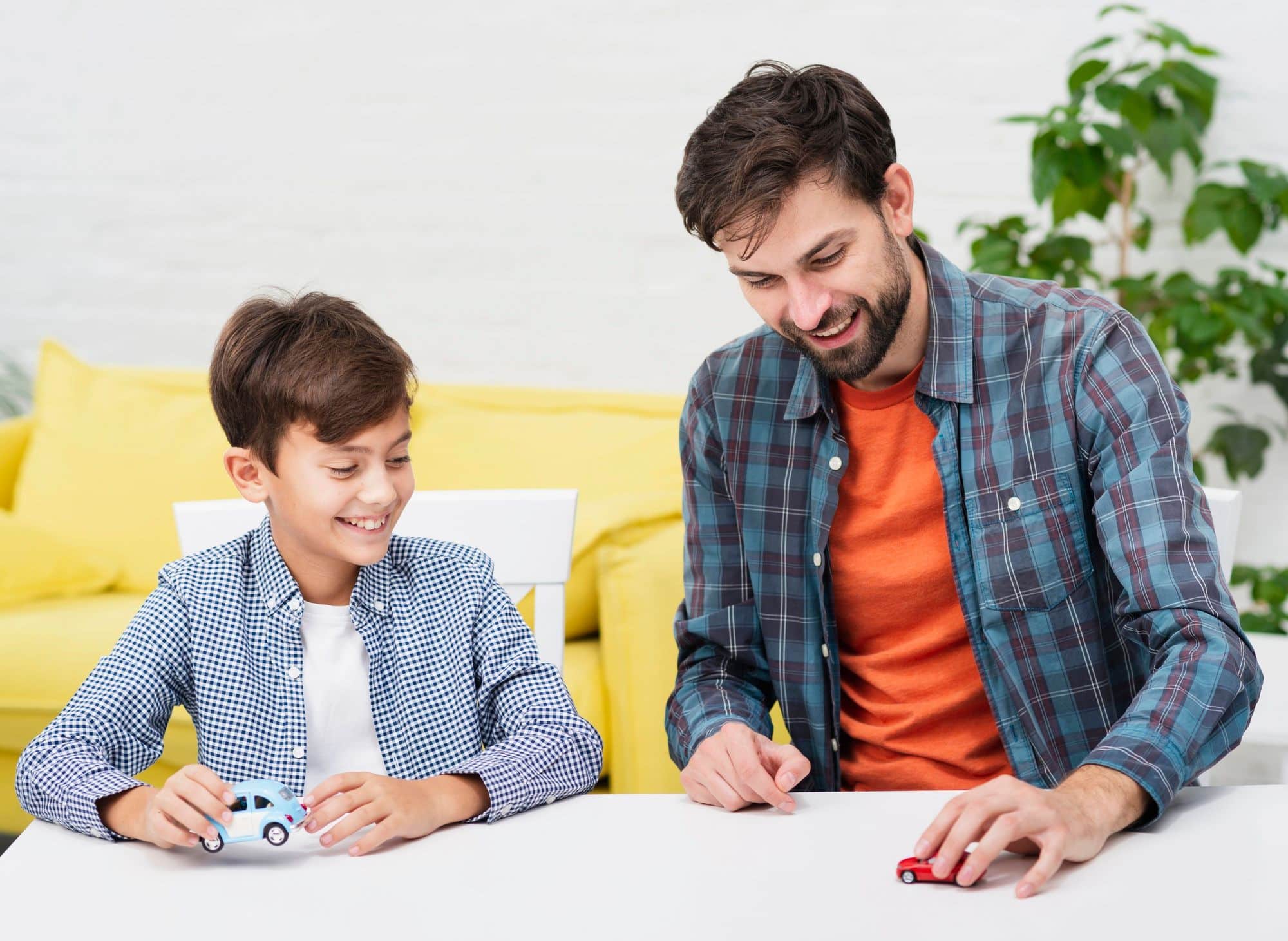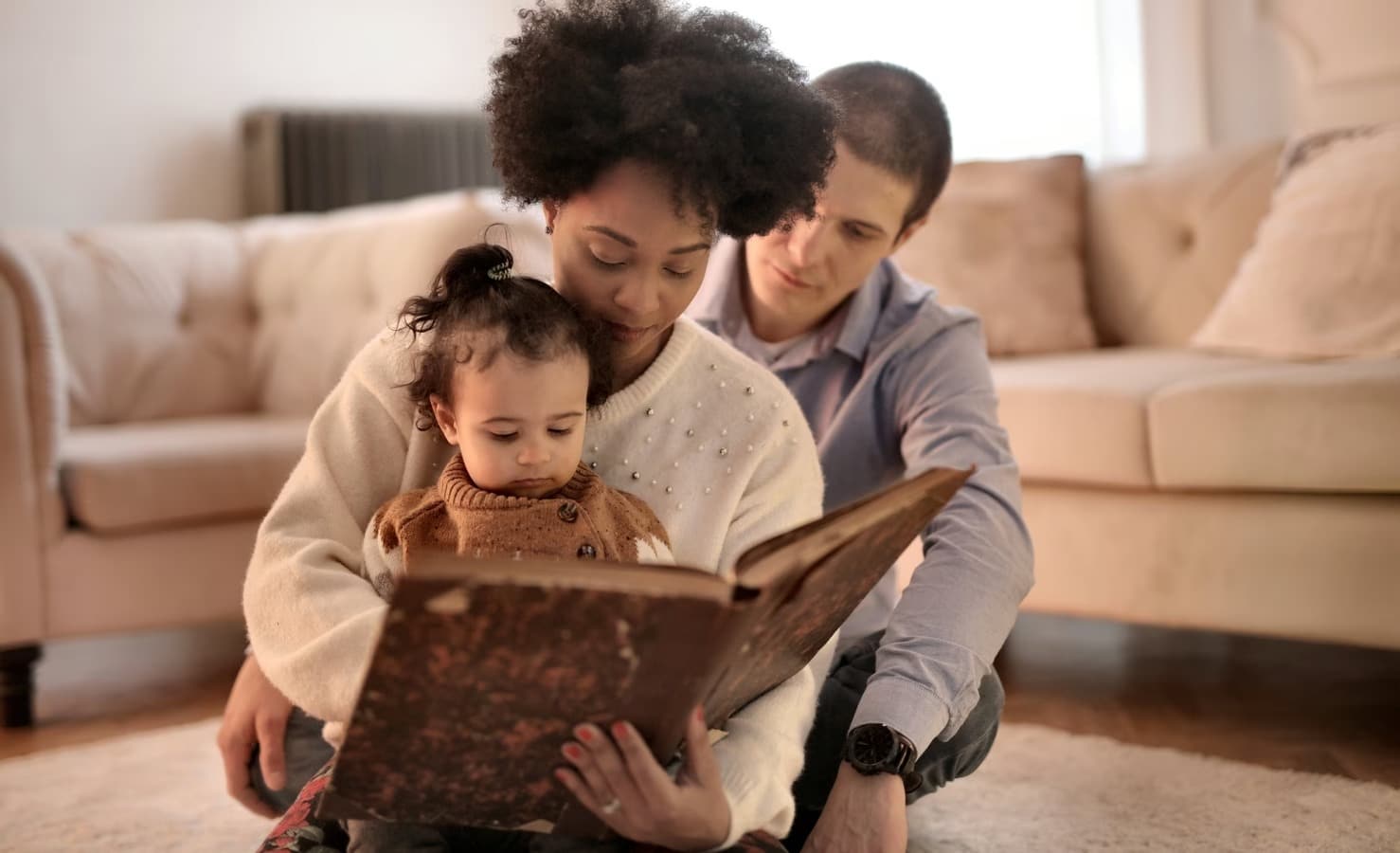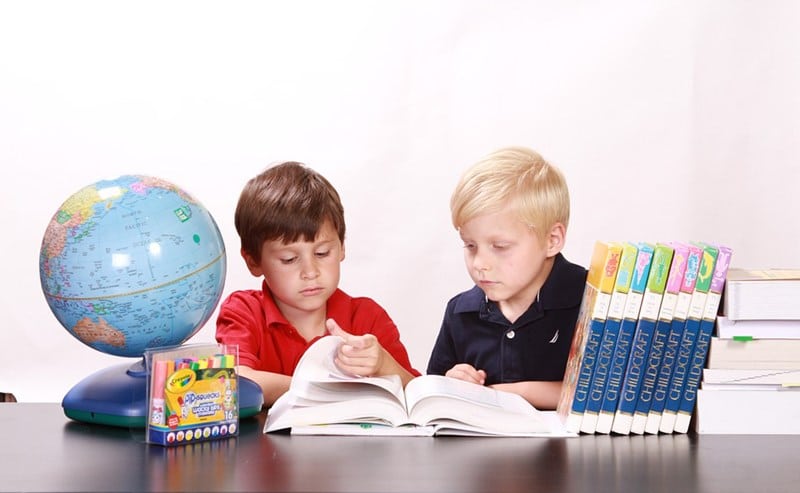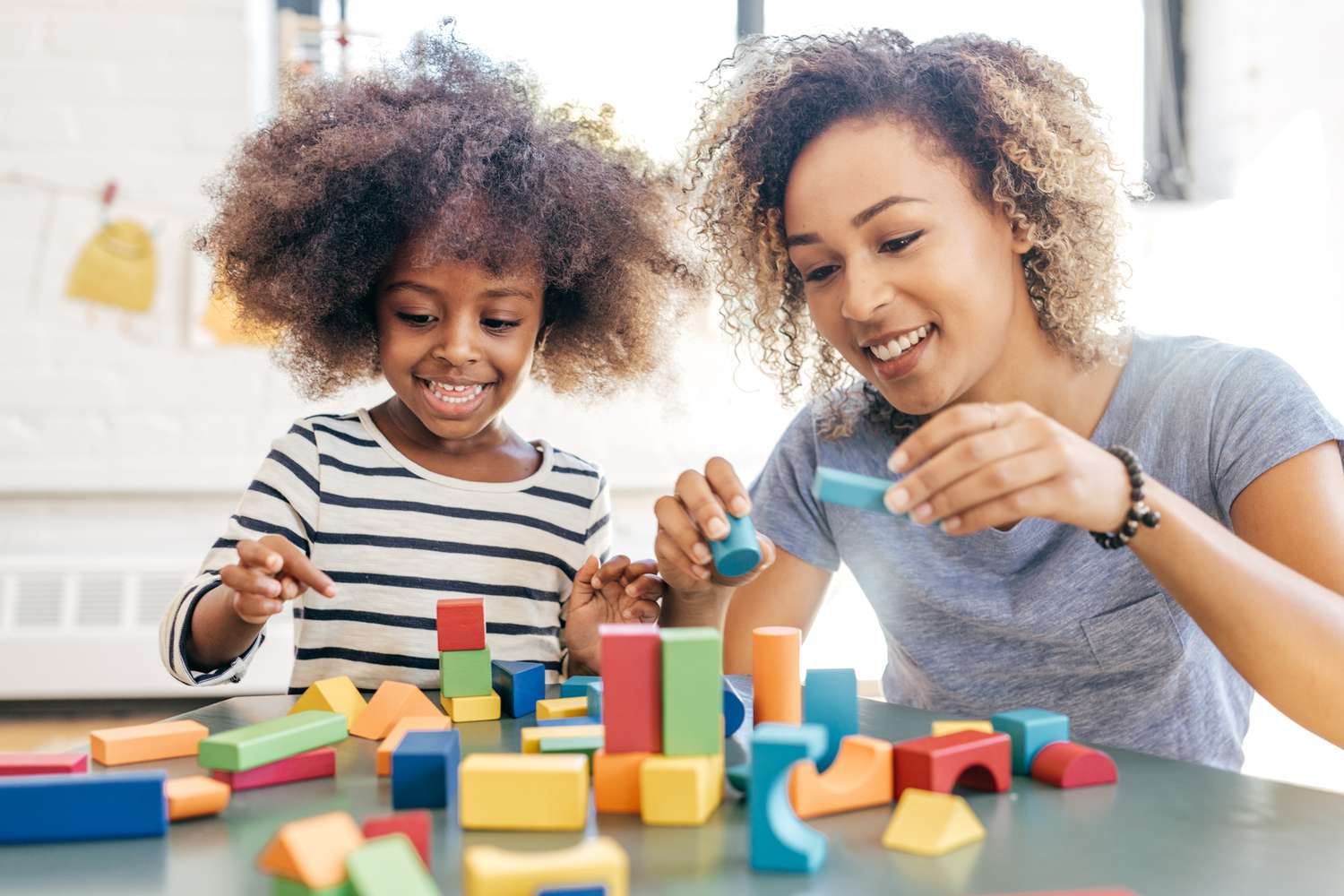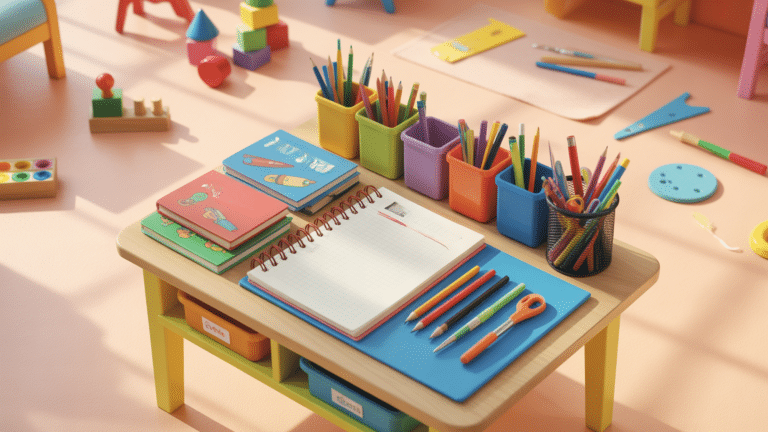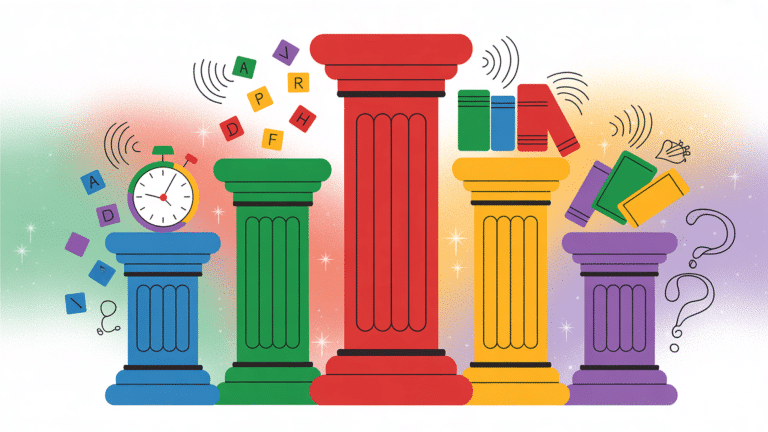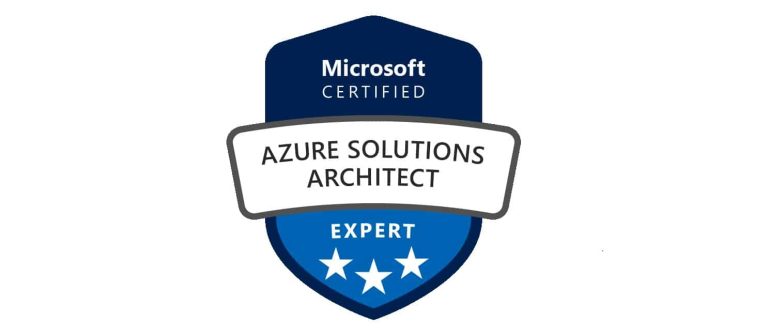Literature is a good way to teach your young kids the crucial life lessons while keeping things interesting.
Why should you explore the literature to teach your young kids life lessons? Simply because literature talks about moral stories and how the people in the past conducted themselves.
Moreover, literature gives you an overall general account of those times’ social, political, and cultural aspects.
As educators and parents, we seek innovative ways to teach essential values to children.
In this way, literature emerges as a possible option to teach young minds crucial life lessons.
Let’s get started and see how literature helps nurture young minds!
You should also check out good chapter books for 3rd graders if your child is about to come in the 3rd grade or is already there.
These books will enhance your kid’s knowledge and teach them literature easily.
1. Unfolding Morality
Childhood comprises numerous tales of adventure, mystery, and wonder, normally told by elders.
But we are always too young to see the hidden wisdom behind it. For instance, take the tale of Aesop’s Gables, where animals like chimpanzees and monkeys go on impactful journeys and tackle several challenges.
Moreover, the story of Hare and the Tortoise teaches us perseverance.
Beyond the childhood story, classic literature also introduces young minds to various moral complexities of life.
For instance, in the famous Harry Potter series by JK Rowling, the constant struggle between good and evil is clearly outlined.
The story profoundly conveyed that good always triumphs over evil.
The characters of the series also play a crucial role. Hermione, Ron, and Harry can teach your kids how to be great friends, the meaning of sacrifice and loyalty, etc.
The hard choices they sometimes had to make for the sake of the greater good teach kids how to be selfless and look at the broader picture.
2. Building Empathy
Empathy is an underrated personality trait of any person. If the person is empathetic, they will likely have meaningful relationships with them.
Jacqueline Woodson’s “Each Kindness” uses storytelling skills to nurture the skill of compassion in young kids.
As the story unfolds, the characters face several challenges; the readers start to live through the characters. This is because of Jacqueline Woodson’s gripping writing style.
Her story often becomes a mirror used to see society’s multidimensional face.
This encourages the kids not only to witness but genuinely understand the experiences of others.
Through the emotional journey of Woodson’s stories, children slowly learn the impact of their actions and know that their actions are not meaningless.
The characters are the role models for empathy, constantly guiding children toward a deeper understanding of life’s emotions, struggles, and victories.
This helps in grasping the importance of kindness and internalizing the essence of empathy. This makes the whole story a book and a life lesson waiting to be taught.
3. Incorporating Cultural Literacy
Young minds live in a bubble, often unaware of different cultures and landscapes. However, if taught, they are curious and eager to learn about new cultures.
For instance, picture books like “Diwali: A Cultural Adventure” and Grace Lin’s “Bringing in the New Year” offer clear glimpses into various festivals of India and the infamous celebration of Chinese New Year.
These picture books not only act as a story but also teach the tongue minds about different cultures and sensitize them towards cultures other than what they have seen.
Immersing children in unique cultures that celebrate diversity, literature, and stories becomes a bridge for connecting readers to cultures they may never physically encounter.
This exposure not only gives cultural understanding to young minds but also gives them a sense of respect for differences.
In an increasingly interconnected world, the ability to appreciate and comprehend diverse cultures is a vital skill.
4. Teaching Resilience
Having a resilient mind today is not a luxury but a necessity. Life constantly throws challenges that test one patience, strength, and resilience.
For instance, Roald Dahl’s “Matilda” narrative is about a girl overcoming neglect and cruelty through sheer determination and intellect.
Matilda’s resilience in the face of adversity becomes a source of inspiration for young minds.
They get the message that challenges can be conquered through inner strength and resourcefulness.
Similarly, Katherine Paterson’s “Bridge to Terabithia” explores the theme of loss as two friends have to cope with the tragic death of one person among them.
This story highlights the importance of healthy coping mechanisms, especially in grief. Moreover, they learn that setbacks are not the end of life but a stepping stone to get ahead.
5. Encouraging Critical Thinking
Critical thinking acts as a guide for making crucial life decisions and questioning various things in life.
For instance, Neil Gaiman’s “Coraline” urges readers to think about the consequences of desires.
This exercise in critical thinking isn’t confined to the fictional world but extends to real-world scenarios as children weigh decisions and assess several outcomes of their actions.
By examining the choices and consequences faced by characters, young minds develop the ability to think independently and make informed decisions.
Conclusion
Literature can surely act as a way of teaching your kid crucial life lessons. From the stories of Aesop to the contemporary masterpieces of J.K. Rowling and Neil Gaiman, literature is an ultimate teacher.
It teaches morality, builds empathy, teaches cultural awareness, and instills resilience in the young minds of the readers.
As educators and parents, we should recognize the power within a book’s covers.
Through the skill of storytelling, we can contribute to the resilient, compassionate, and critically thinking individuals who will tackle the challenges of life with confidence and wisdom.
Let the kids know that the literature books are more than just random stories they read daily. Rather, teach them how these back crucial insights as to how or how not to live a life.
Frequently Asked Questions
What Does Children’s Literature Teach Kids?
Kids’ books help you learn important values, teach interesting things, and give you ways to handle tough situations in life. They’re like friends who make learning fun and help you figure things out when life gets tricky.
How Can Literature Help Children Learn About Their World?
Kids’ books aren’t just for learning to read and write. They also help kids talk better, understand feelings, and think smarter. By reading these books, kids can learn about important values worldwide, solve problems better, and believe in cool and creative ways.

